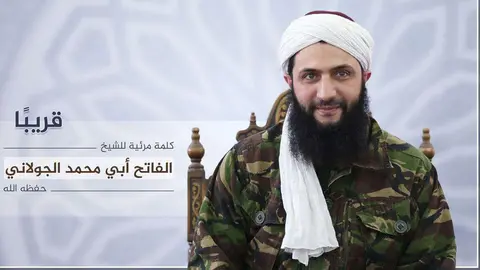Israel sends troops to Syria to contain rebels' military potential
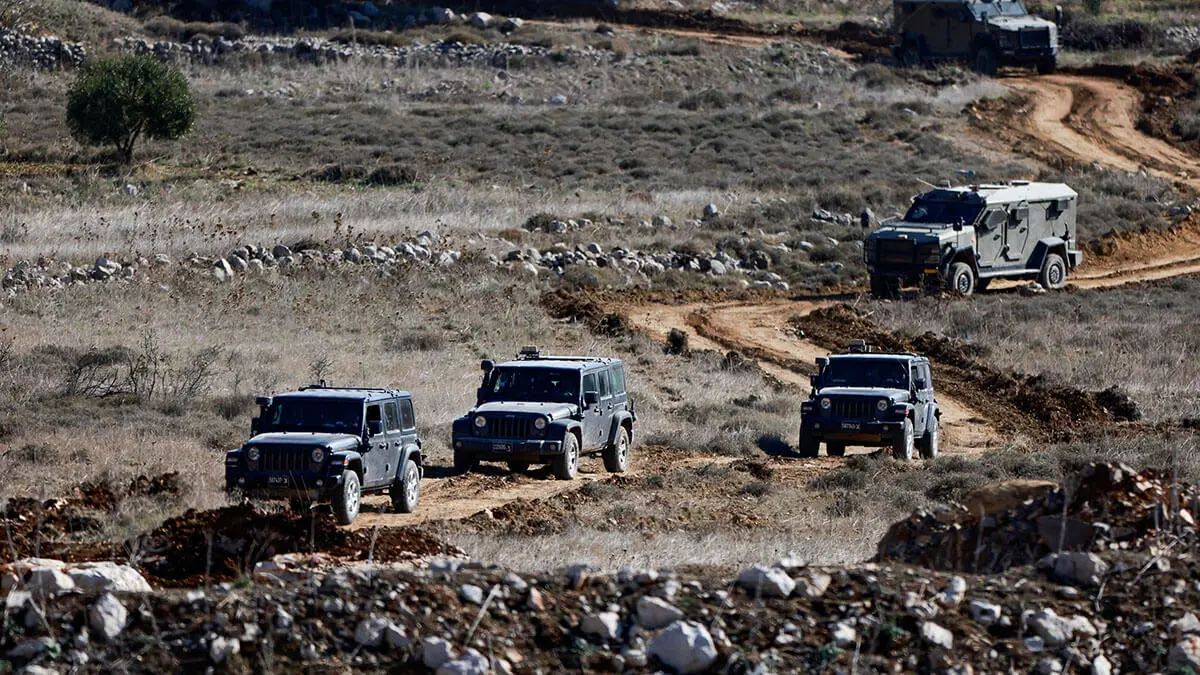
Following the overthrow of Bashar Al-Assad's regime, the Israel Defence Forces (IDF) have carried out hundreds of bombing raids on centres of major Syrian military importance. ‘We will destroy all strategic capabilities that threaten the State of Israel,’ Israel's defence minister, Israel Katz, has announced.
In addition, Israel has moved troops into Syrian territory to prevent the rebels from acquiring military power that could threaten Israeli targets, an unprecedented move in the last 50 years. In just 48 hours, the IDF struck most of the strategic weapon's stockpiles. Katz said the measures were taken to pre-emptively ensure the security of its citizens.

Troops on the Golan Heights
Half a century later, the Israel Defence Forces have mobilised several battalions to the Golan Heights region to ‘ensure its security.’ Israel's Prime Minister Benjamin Netanyahu confirmed that Israeli troops had temporarily taken control of the demilitarised zone in the Golan Heights.
In the same vein, IDF spokesperson Nadav Shoshani denied that forces were advancing towards Damascus, although he admitted that ‘they are operating beyond the Syrian buffer zone’ and that ‘they are not interfering in internal developments in the country.’
Although the motives were not disclosed, Israel's opposition leader, Benny Gantz, said the move was an ‘opportunity of historic proportions’ to develop relations with the various ethnic groups in the region, especially the Kurds.
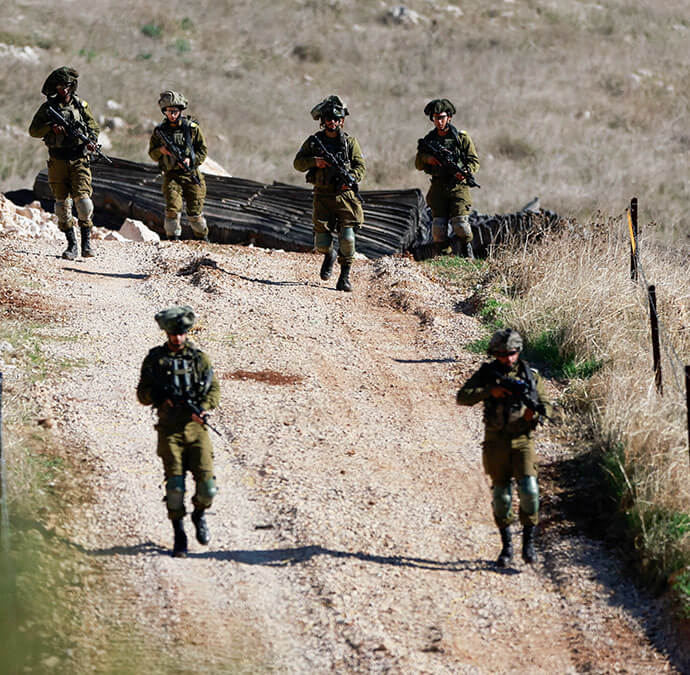
Israeli attacks
Several Israeli navy ships simultaneously attacked with missiles the port of al-Bayda and the port of Latakia, where 15 Syrian navy ships were docked. In the operation, the IDF confirmed the use of sea-to-sea missiles with a range of approximately 190 kilometres.
At the same time, manned aircraft conducted more than 350 strikes on 130 different targets. The main targets were weapons production centres in Damascus, Homs, Tartus, Latakia and Palmyra.
⭕ In 48 hours, the IDF struck most of the strategic weapons stockpiles in Syria to prevent them from falling into the hands of terrorist elements. 𝗛𝗲𝗿𝗲’𝘀 𝘁𝗵𝗲 𝗯𝗿𝗲𝗮𝗸𝗱𝗼𝘄𝗻:
— Israel Defense Forces (@IDF) December 10, 2024
⚓ Naval Operations: Israeli Navy missile ships struck 2 Syrian Navy facilities… pic.twitter.com/6N1fz7BiMF
In total hundreds of Scud missiles, cruise missiles, surface-to-sea, surface-to-air and surface-to-surface missiles, unmanned aerial vehicles, fighter jets, attack helicopters, radars, tanks, and Syrian hangars were neutralised.
According to the Syrian Observatory for Human Rights (SOHR), attacks have taken place from Aleppo in the north to Damascus in the south. Rami Abdul Rahman, founder of the SOHR, said that ‘all the capabilities of the Syrian army.’
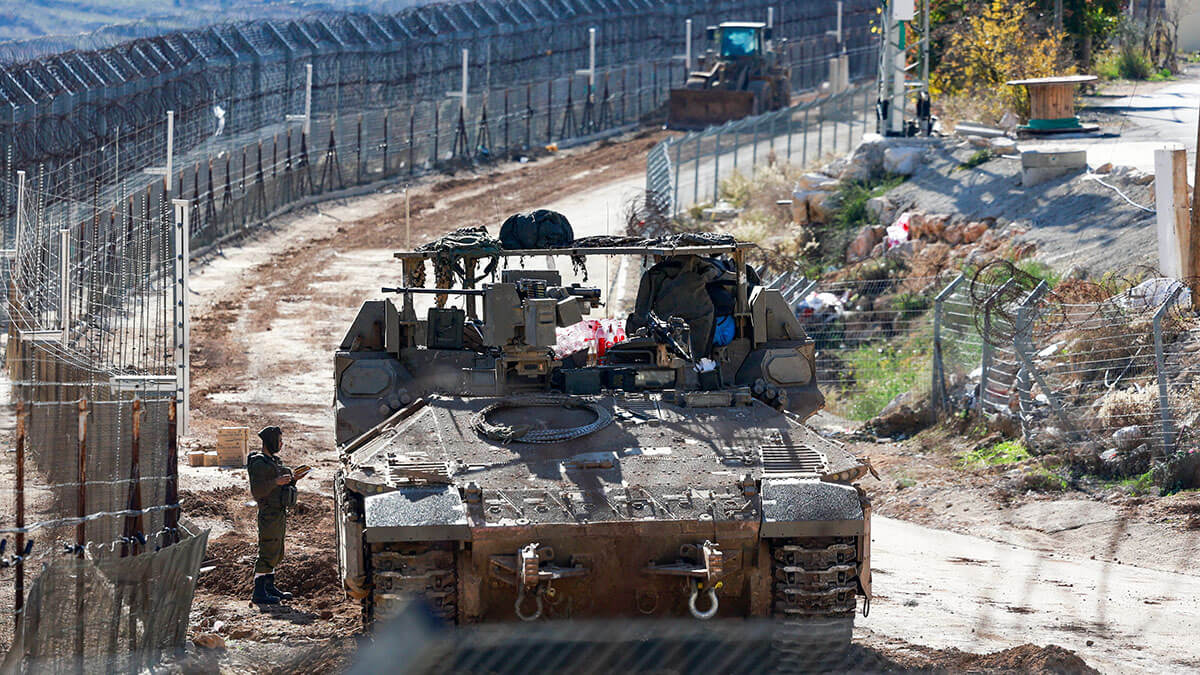
Concerns about chemical weapons
While the true extent of both the Israeli strikes and the number of chemical weapons in Syria's possession is unknown, Israel has expressed concern about the possible use of the arsenal.
Israeli Foreign Minister Gideon Sa'ar said: ‘Our goal is to bomb military facilities that harbour stockpiles of chemical weapons and long-range missiles to prevent them from falling into the hands of extremists'. He also made clear that Israel's priority now is to defend its citizens.
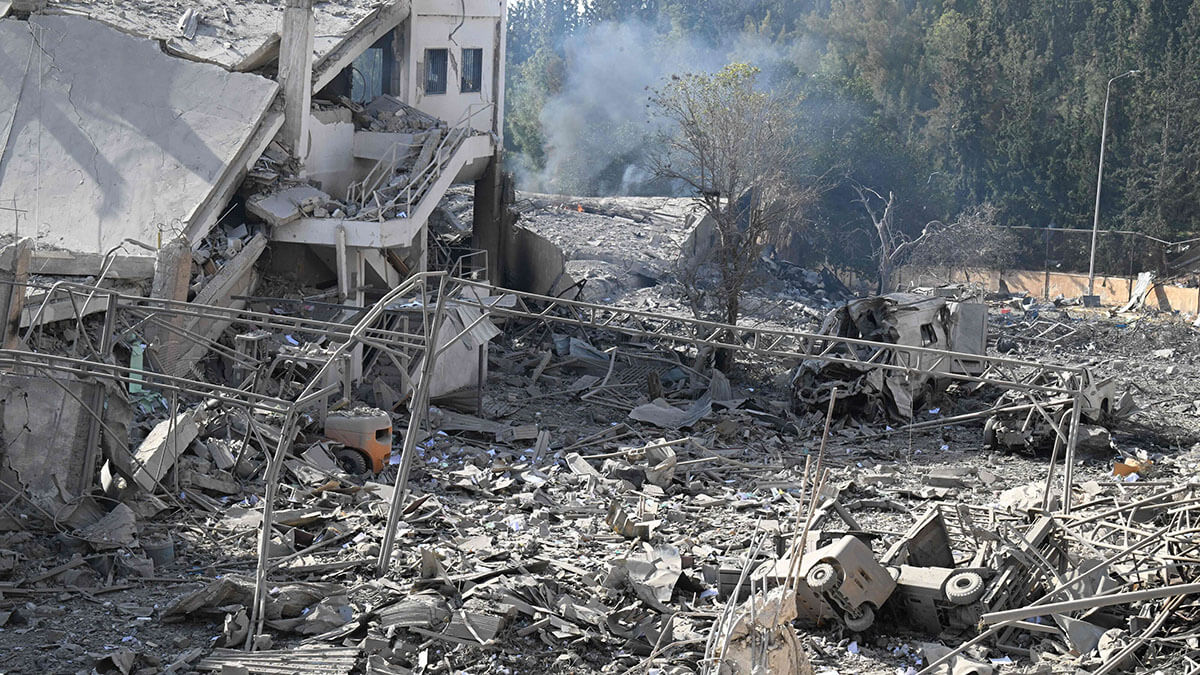
Está más que probado que las Fuerzas Armadas leales a Bashar Al-Assad han utilizado gas sarín en ataques por todo el territorio sirio desde que estallara la guerra civil siria en 2011. Fuentes de las oficinas de las Naciones Unidas de Siria confirmaron que en estos años más de 1.000 personas murieron y decenas de miles se tuvieron que desplazar a causa de los daños del uso del gas sarín.
Ale Sellstrom, quien fuera inspector jefe de la organización, afirmó que el temor de Israel es que las fuerzas rebeldes que han tomado el poder “no tendrán consideración alguna en utilizar las armas a diferencia de Assad quien nunca las utilizó de forma directa”. Sellstrom aclaró que Israel va a “limpiar” todo lo que tenga relación con este tipo de armas.

